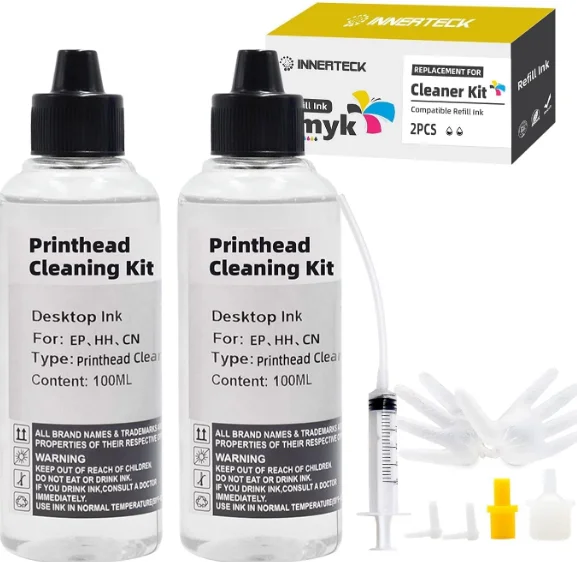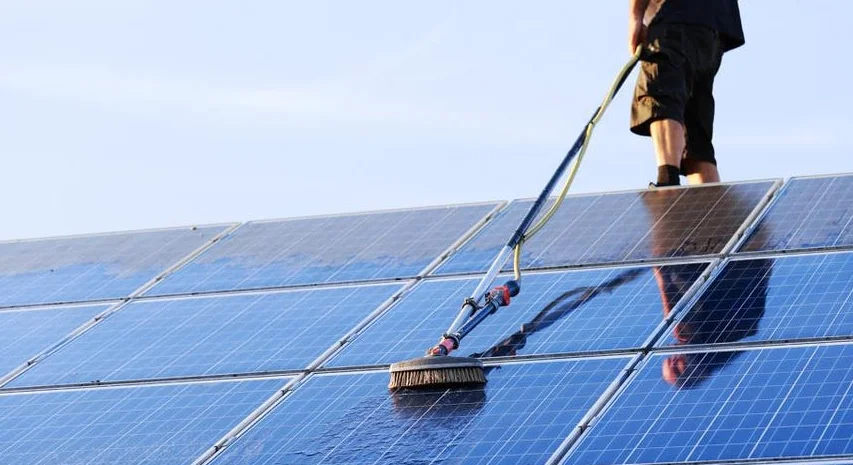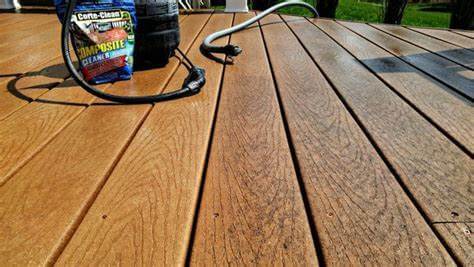Professional Emergency Drain Cleaning Services

1. What is emergency drain cleaning?
Dirty and clogged emergency drain cleaning are common problem in both residential and commercial properties. If left unchecked, they can lead to a number of serious issues, including water damage, mold growth, and foul odors. That’s why it’s important to call a professional drain cleaning service as soon as you notice a problem.
Drain cleaning services are designed to clear out your drains quickly and efficiently, restoring them to working order. They can also help to prevent future problems by identifying and repairing any damage that has already been done.
The first step in any drain cleaning service is to assess the situation and identify the cause of the problem. This can be anything from a simple blockage to more serious damage to the pipes. Once the cause has been identified, the next step is to clear the blockage and repair any damage.
One of the most common causes of blocked drains is grease and cooking oil. These can build up over time, eventually causing a blockage. Emergency drain cleaning services will use specialised equipment to break down the grease and oil, allowing it to be flushed away.
These can grow into the pipes, causing a blockage drain cleaning services will use high-pressure water jets to remove the roots and clear the blockage.
Once the blockage has been cleared, the final step is to carry out a thorough inspection of the drains to check for any further damage. If any is found, the emergency drain cleaning service will make the necessary repairs.
If you have a blocked drain, don’t delay in calling a professional drain cleaning service. They will be able to quickly assess the situation and carry out the necessary work to restore your drains to working order.
2. Why is it important to have an emergency drain cleaning?
As a homeowner, you may not think about your emergency drain cleaning very often. But when they become clogged, they can quickly become a major problem. A clogged drain can cause water to back up into your home, causing damage to your floors, walls, and ceilings.
That’s why it’s important to have an emergency cleaning plan in place. By knowing who to call and what to do, you can minimize the damage and get your drains back to working properly as quickly as possible.
When choosing a drain cleaning company, be sure to select one that is experienced and reputable. Once you’ve found a company you can trust, be sure to keep their contact information in a safe place, so you’ll be prepared in case of an emergency.
In addition to knowing who to call, it’s also important to know what to do in the event of a clogged drain. If possible, try to identify the source of the clog and remove it yourself. This can save you time and money. But if you’re unable to remove the clog, don’t hesitate to call a professional.
Attempting to clean a clogged drain yourself can be dangerous. Chemical drain cleaners can be corrosive and damage your pipes. And if you use a plunger incorrectly, you could end up damaging your pipes or creating an even bigger clog.
So, if you have a clogged drain, the best course of action is to call a professional. With their experience and expertise, they’ll be able to quickly and safely clean your drain, so you can get back to your normal routine.
3. What are some common causes of clogged drains?
When it comes to clogged drains, there are a few common culprits. Most often, it’s due to build-up from everyday use. Soap scum, hair, grease, and food particles can all contribute to a clog. In some cases, tree roots can even penetrate and block your pipes.
Preventing clogs in your drains is always the best course of action. But if you do find yourself with a clog, don’t despair. There are a few things you can do to try and clear it yourself.
First, try a plunger. If neither of those methods do the trick, it’s time to call in a professional.
Emergency drain cleaning services are available 24/7 to help clear even the toughest clogs. They have the tools and experience to get your drains flowing freely again in no time.
4. How can you prevent clogged drains?
If you want to prevent your drains from getting clogged, there are a few things you can do:
1. Use a drain cover.
This will help to catch any hair or debris that could potentially clog your drain.
Grease and oil can solidify in your pipes and cause a clog.
3. Use a strainer.
Strainers will catch any small particles that could clog your drain.
4. Clean your drains regularly.
Regular cleaning will help to remove any build-up that could cause a clog.
5. What are some common methods of drain cleaning?
Dirty and clogged drains are a common problem in both residential and commercial properties. If left unaddressed, a clogged drain can lead to a number of serious problems, including water damage, mold growth, and bad odors. Fortunately, there are a number of ways to clean a drain and prevent these problems from occurring.
One of the most common methods of drain cleaning is using a plunger. This is a simple and effective way to remove blockages from drains, and it can be done without the help of a professional. Simply place the plunger over the drain and push and pull it up and down to create suction. This will break up the blockage and allow the water to flow through.
Another common method of drain cleaning is using a drain snake. This is a long, flexible piece of metal that is inserted into the drain and used to break up the blockage. Drain snakes can be purchased at most hardware stores, and they are relatively easy to use.
Emergency drain cleaning services are available 24 hours a day, 7 days a week, and they can usually have your drain cleared in no time.
6. What are some tips for safely cleaning your drains?
If you have a clogged drain, it’s important to clean it safely to avoid damaging your pipes. Here are some tips for safely cleaning your drains:
1. Use a plunger. This is the first line of defense against a clogged drain. Simply put the plunger over the drain and push and pull it up and down to create suction. This will help to loosen the clog and allow it to be pushed through the drain.
2. Use a drain snake. If a plunger doesn’t do the trick, you may need to use a drain snake. This is a long, flexible piece of metal that you insert into the drain. Once you’ve inserted the snake, rotate it to help loosen the clog.
3. Use boiling water. Boiling water can help to loosen a clog and make it easier to remove. Boil a pot of water and carefully pour it down the drain.
4. Use vinegar and baking soda. This is a natural way to clean your drains. Simply mix together equal parts vinegar and baking soda and pour it down the drain. The mixture will fizz and help to break down the clog.
5. Use a commercial cleaner. If you’ve tried all of the above and you’re still dealing with a clog, you may need to use a commercial cleaner. Be sure to read the instructions carefully before using any cleaner. Some cleaners are meant to be used overnight, so be sure to follow the instructions.
If you’re dealing with a clogged drain, these tips should help you to safely clean it. If you’re still having trouble, you may need to call a professional.




